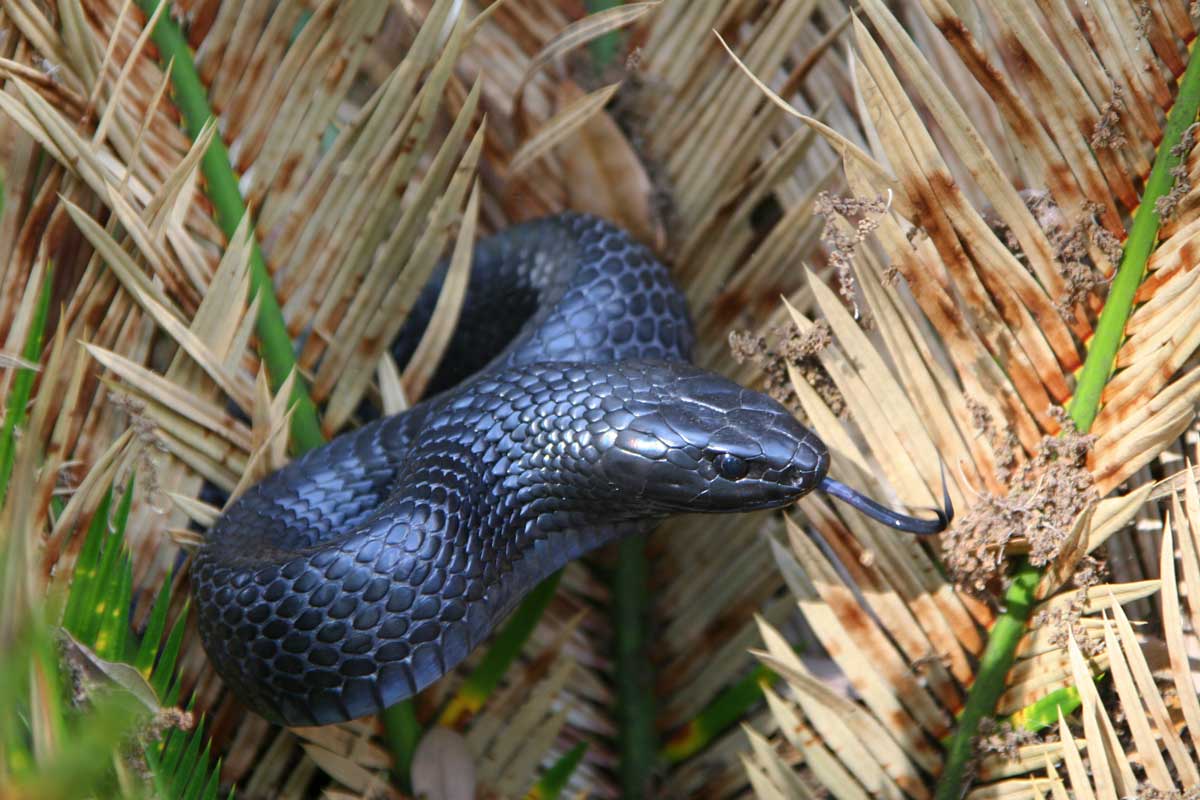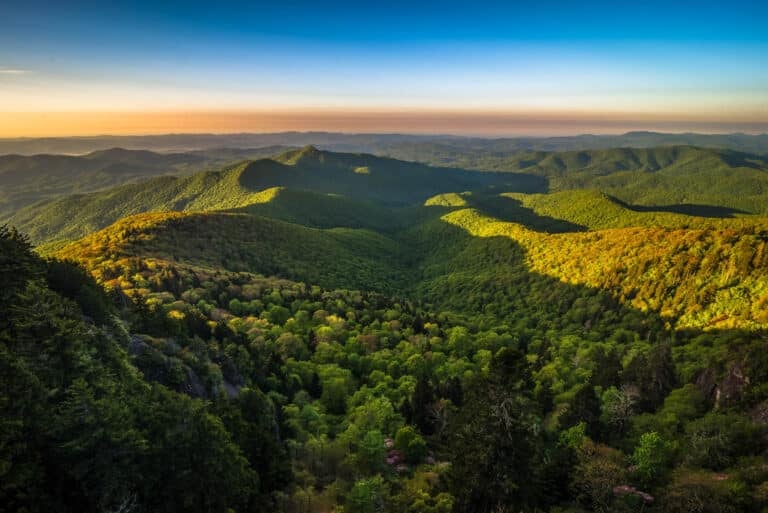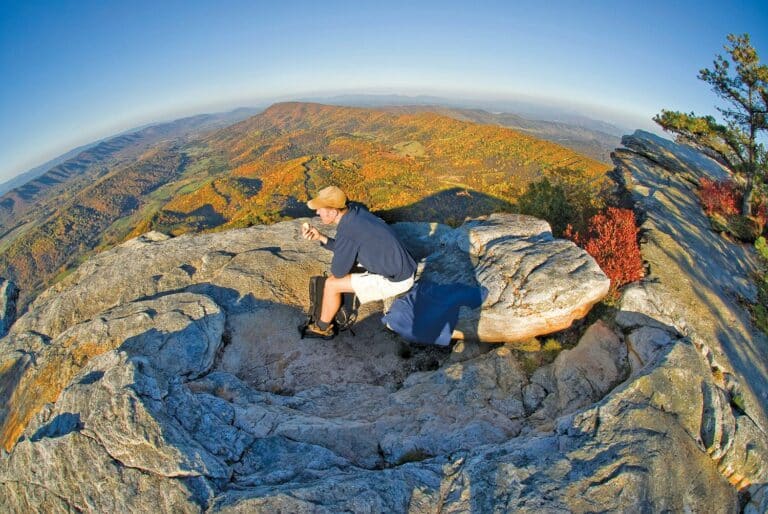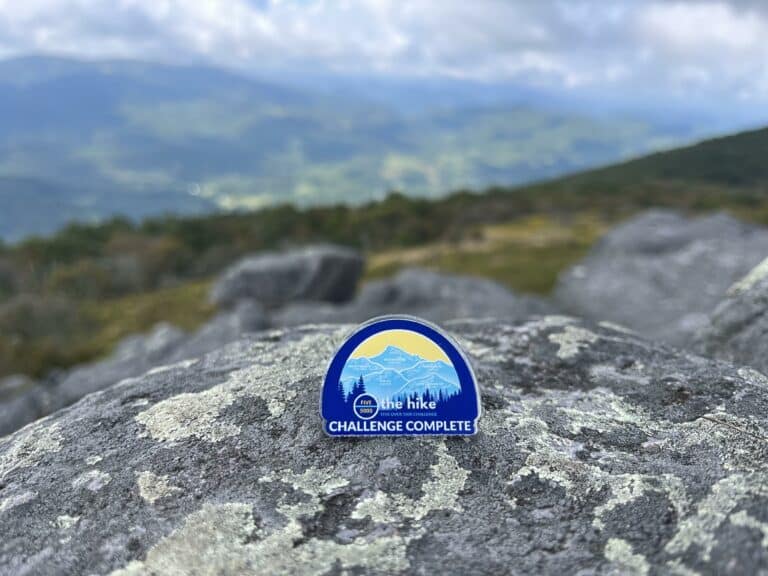Alabama sees first wild Eastern indigo snake in 60 years
There’s good wildlife conservation news coming out of Alabama this week—the first wild Eastern indigo snake in 60 years has been documented. “This is a monumental benchmark in conservation for Alabama and the southeast region for this species,” said Traci Wood, the Habitat and Species Conservation Coordinator with the Alabama Wildlife and Freshwater Fisheries Division.
Eastern indigo snakes are the longest native snake species in the U.S. Alabama has worked to reintroduce captive snakes into the wild, and the recently spotted hatchling-sized snake is proof that the conservation efforts have paid off. The species is listed as threatened in Florida and Georgia and, until recently, officials in Alabama believed the snake was locally extinct.
Read the full story here: http://outdoornewsdaily.com/first-wild-eastern-indigo-snake-found-in-alabama-in-60-years/
Skiing’s Freeride World Tour announces equal pay for men and women
The Freeride World Tour (FWT), which sees the best freeskiers and snowboard freeriders compete for the title of World Champion, has announced that male and female athletes will compete for the same cash prize, providing equal pay to all athletes regardless of gender. On their website, the tour says that “it’s a progressive step forward for female freeriding, and the FWT hopes it will elevate the next generation of freeriders.”
In addition to paying all athletes the same, the FWT has also created a new female mentoring program called, “Girls Just Wanna Have Pow.” Young skiers and snowboarders can register for the program at stops along the tour.
Read the full story here: https://www.tetongravity.com/story/ski/fwt-announces-equal-pay-for-men-and-women.
North Carolina’s Lake Julian to become a cold-water lake
Lake Julian, located in Arden, NC, is a man-made 300-acre public lake popular with anglers, swimmers, boaters and paddlers. Since it’s inception, the purpose of Lake Julian has been to cool water to support the coal plant located nearby. It’s role in the plant’s operation made Lake Julian a warm-water lake, but that’s about to change. By Jan. 31, Duke Energy will retire that coal plant, and Lake Julian will become a cold-water lake.
By late February, the temperature in the lake is expected to drop significantly. As a result, a fish die-off is expected, with non-native fish taking the biggest hit. Over time, as the lake becomes a cold-water habitat, native species are expected to thrive in the waters. During this change, Lake Julian will remain open to the public.








